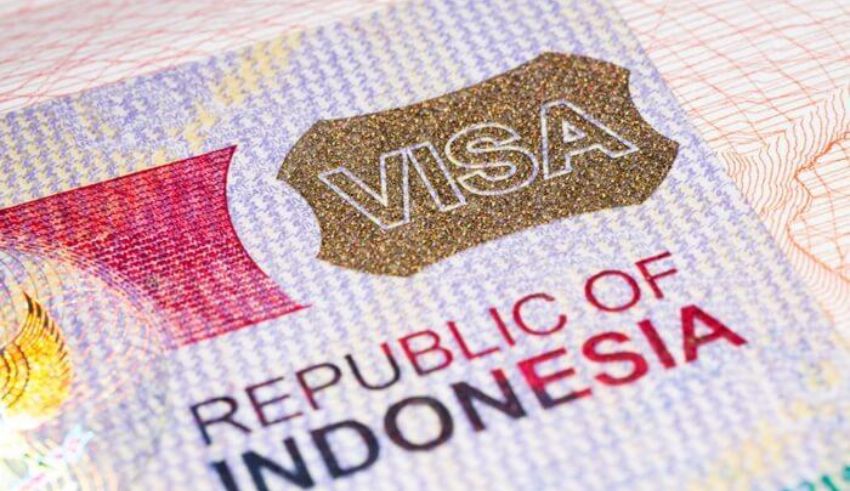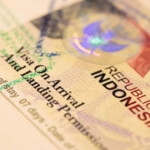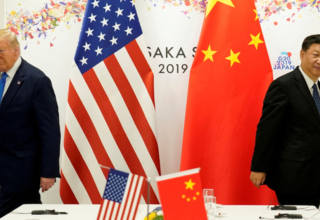
Indonesia’s Golden Visa policy will waive visas for foreign companies who make a real investment of at least $50 million in the country and individuals whose investment value in government bonds is at least $350,000, according to Tempo.
The policy will likely be issued in one or two weeks, said Coordinating Minister for Maritime and Investment Affairs Luhut Binsar Pandjaitan on Tuesday. He reportedly said his ministry had just held discussions with President Joko Widodo and several ministers on the policy.
Luhut said the Golden Visas would later target researchers from leading universities and other highly knowledgeable foreigners. Interestingly, the policy could also support artificial intelligence developers, the minister reportedly mentioned.
He announced the president has prepared a Golden Visa for Sam Altman, the chief executive officer of OpenAI – the company behind the popular chatbot ChatGPT. Nevertheless, Indonesia isn’t the first country to use special visas to lure in investments and high-skilled talent.
Given The Competition, Will Top Talent Still Be Attracted To Indonesia?
Those looking to acquire the visa must “make a real investment, not just on paper, not just a notary’s deed,” Tempo quoted Indonesian Immigration director-general Silmy Karim as saying. The country would monitor the amount and also the activities, he added.
Foreign companies or individuals seeking the Golden Visa and making huge real investments in Indonesia can get a multi-entry visa that is valid for 5 to ten years, according to Tempo. The eligible applicants can later conduct business activities in the country.
Silmy highlighted the success several countries have had with issuing the special visas, taking the names of Singapore, European nations, the UAE and the US. He reportedly stressed the importance of implementing the policy in Indonesia.
Keep Reading
How Well Different Special Visa Policies Performed In Different Countries?
Special visa programmes have seen varying results in different countries. The Top Talent Pass Scheme in Hong Kong has done relatively well. The programme is meant for those earning over $320,600 a year and those graduating from the top 100 universities in the world.
Easily surpassing the original target of 35,000, the scheme saw 49,000 applications approved just five months after its launch last December. But around 95% of these applicants belonged to mainland China. Singapore’s ONE Pass programme has received positive responses too.
Before Thailand’s Long-Term Resident visa was introduced, the Thailand Elite project was set up to lure in foreign talent. The project, costing visa holders between $17,400 to $58,000, attracted just about 15,000 holders in its 18-year life, according to Fulcrum.
Meanwhile, countries need to realise that foreign talents are pulled by a well-rounded package and not just a long-term visa, experts have pointed out. Lifestyle choices substantially influence a foreigner’s decision to apply for a special visa policy.


























